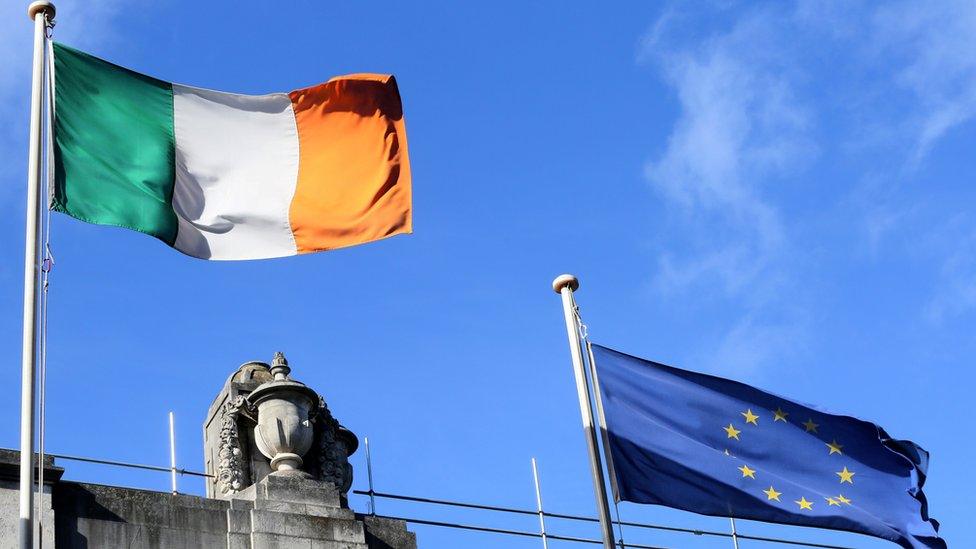Emma De Souza: Home Office appeal of case is upheld
- Published
'This decision goes against Good Friday Agreement'
People born in Northern Ireland remain British citizens according to the law, even if they identify as Irish, tribunal judges have determined.
In 2017, NI woman Emma De Souza won a case against the Home Office after it deemed she was British when her US-born husband applied for a residence card.
The Good Friday Agreement allows people to identify as British, Irish or both.
But on Monday an immigration tribunal upheld an appeal of the case, brought by the Home Office.
Tánaiste (Irish deputy PM) Simon Coveney said the Irish government had concerns about "citizenship and identity provisions" of the Good Friday Agreement being delivered, and would raise them with NI Secretary Julian Smith on Tuesday.
Allow X content?
This article contains content provided by X. We ask for your permission before anything is loaded, as they may be using cookies and other technologies. You may want to read X’s cookie policy, external and privacy policy, external before accepting. To view this content choose ‘accept and continue’.
Mrs De Souza said she was "disappointed" and that she would now seek for the case to be heard in the Court of Appeal.
A Home Office spokesperson said it was pleased the tribunal agreed that UK nationality law was consistent with the Good Friday Agreement.
"We respect the right of the people of Northern Ireland to choose to identify as British or Irish or both and their right to hold both British and Irish citizenship," the spokesperson added.
In September, judges in London considered the case in the Upper Tribunal, which handles appeals against decisions made in First Tier Immigration Tribunals.
The Home Office argued people born in Northern Ireland remained British citizens according to the law, even if they identify as Irish.
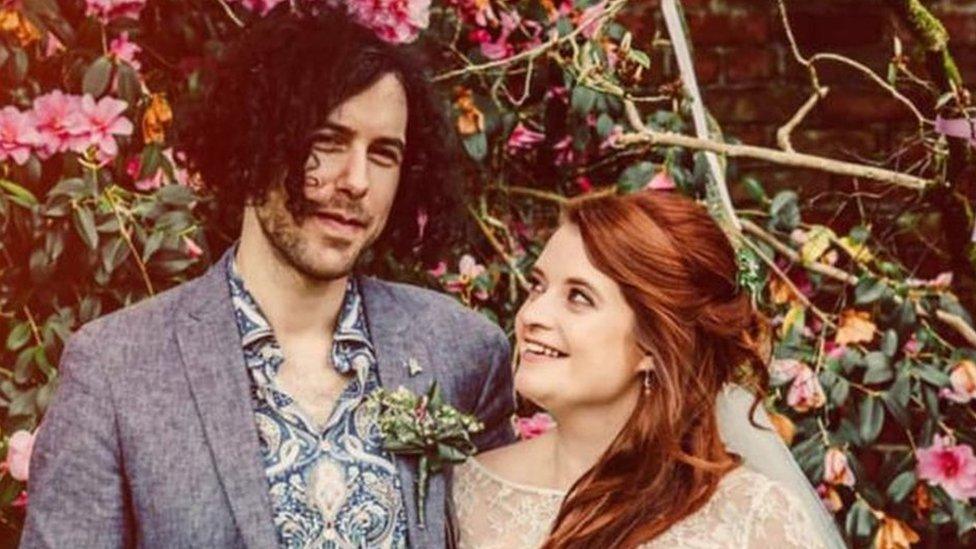
Emma De Souza with her husband Jake
Anyone born in Northern Ireland has the right to identify as Irish or British or both, thanks to the Good Friday Agreement, external, signed in April 1998 by the British and Irish governments and Northern Ireland's political parties.
The agreement said the British and Irish governments would: "Recognise the birthright of all the people of Northern Ireland to identify themselves and be accepted as Irish or British, or both, as they may so choose, and accordingly confirm that their right to hold both British and Irish citizenship is accepted by both governments and would not be affected by any future change in the status of Northern Ireland."
Responding to the decision, Mrs De Souza criticised the British government and said it had failed, in her view, to implement the agreement.

Timeline of the case
Mrs De Souza applied for a residence card for her US-born husband in December 2015, making the application under her Irish passport.
However, the Home Office rejected the application as it deemed Mrs De Souza was British, even though she says that she never held a British passport.
They requested that Mrs De Souza either reapply as a British citizen or renounce her British citizenship and pay a fee to apply as an Irish citizen.
But she challenged the decision, citing the Good Friday Agreement's terms that assert her ability to identify as Irish, British or both.
In 2017, a judge said Mrs De Souza was an "Irish national only who has only ever been such" and the following February, the first tier tribunal ruled in favour of Mrs De Souza.
Later in 2018, the Home Office lodged an appeal and the case was heard by a panel of judges in the Upper Tribunal court in September 2019.

In its ruling, the tribunal judges determined that despite the Good Friday Agreement giving people the right to identify as British or Irish or both, it did not supersede the 1981 British Nationality Act, which sets out the terms of citizenship for people born in the UK, including in Northern Ireland.
The judges also said: "To make citizenship by birth in the United Kingdom (or any part of it) dependent on consent raises a host of difficult issues."

The couple said they would try to take their case to the Court of Appeal
Lawyers for Mrs De Souza and her husband had argued that on one of the web pages of the Northern Ireland Executive, there is a passage which says "people born in Northern Ireland can choose to be British citizens, Irish citizens or both", but the court ruled that the webpage was not "an authoritative source of law" and said it must therefore be regarded as wrong.
Mrs De Souza had previously been told by the Home Office to renounce her British citizenship, but argued she did not consider herself a British citizen and therefore had no need to renounce it.
However, in its ruling the judges said that: "As a matter of law, Mrs De Souza is, at present, a British citizen at the current time.
"Whilst we fully appreciate her strength of feeling on this matter, it is not disproportionate... for her nevertheless to be required to give notice of revocation, if she wishes only to be a citizen of Ireland."
The ruling added that in order to renounce British citizenship, an individual must pay a fee.
Mrs De Souza has said she will now try to take the case to the Court of Appeal.
If you are reading this page on the BBC News app, you will need to visit the mobile version of the BBC website to submit your question on this topic.
- Published10 September 2019
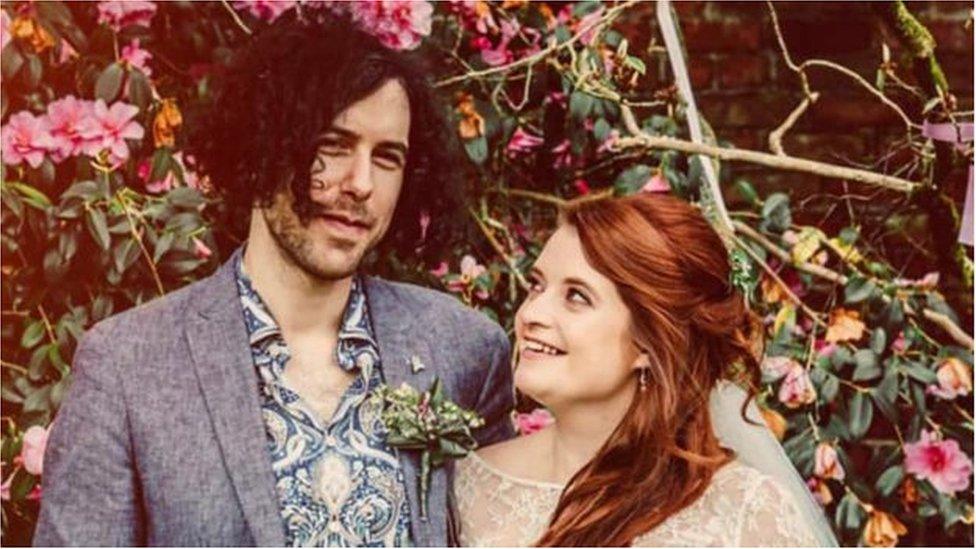
- Published8 May 2019
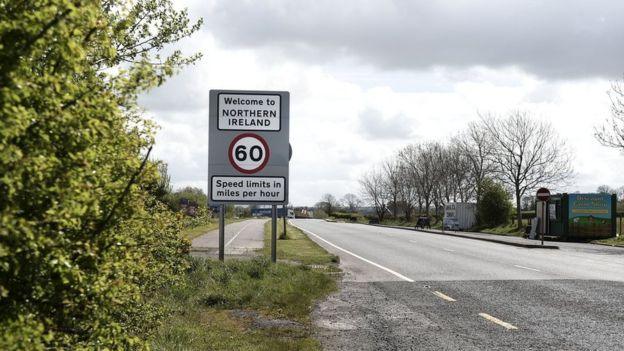
- Published23 February 2019
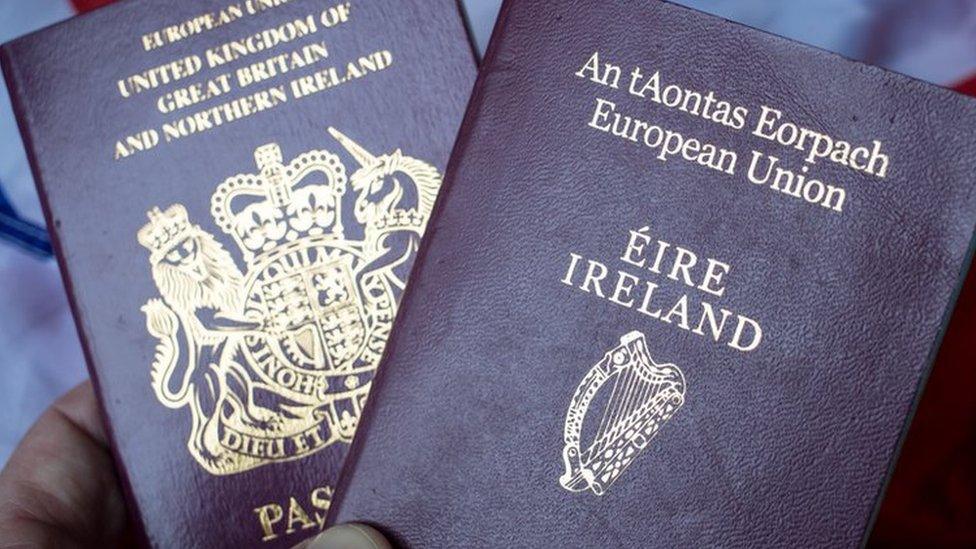
- Published16 December 2018
